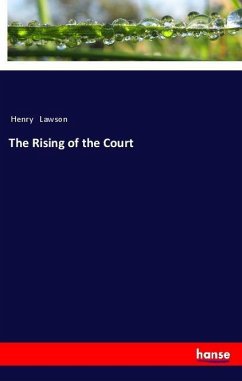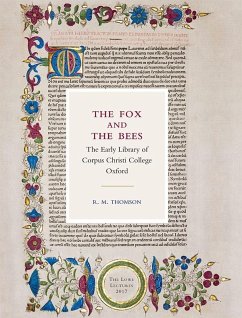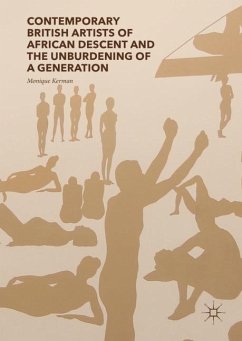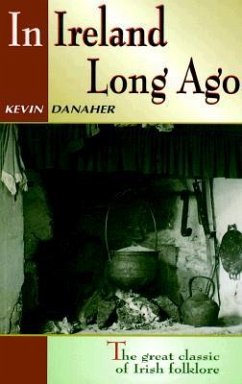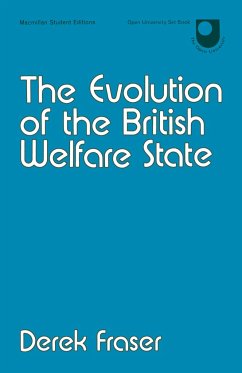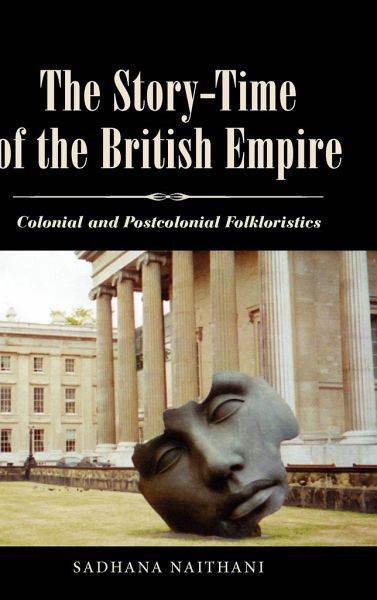
The Story-Time of the British Empire
Colonial and Postcolonial Folkloristics
Versandkostenfrei!
Versandfertig in 1-2 Wochen
113,99 €
inkl. MwSt.
Weitere Ausgaben:

PAYBACK Punkte
57 °P sammeln!
An analysis of the folklore collected by imperials and colonials during the second empire In The Story-Time of the British Empire, author Sadhana Naithani examines folklore collections compiled by British colonial administrators, military men, missionaries, and women in the British colonies of Africa, Asia, and Australia between 1860 and 1950. Much of this work was accomplished in the context of colonial relations and done by non-folklorists, yet these oral narratives and poetic expressions of non-Europeans were transcribed, translated, published, and discussed internationally. Naithani analyz...
An analysis of the folklore collected by imperials and colonials during the second empire In The Story-Time of the British Empire, author Sadhana Naithani examines folklore collections compiled by British colonial administrators, military men, missionaries, and women in the British colonies of Africa, Asia, and Australia between 1860 and 1950. Much of this work was accomplished in the context of colonial relations and done by non-folklorists, yet these oral narratives and poetic expressions of non-Europeans were transcribed, translated, published, and discussed internationally. Naithani analyzes the role of folklore scholarship in the construction of colonial cultural politics as well as in the conception of international folklore studies. Since most folklore scholarship and cultural history focuses exclusively on specific nations, there is little study of cross-cultural phenomena about empire and/or postcoloniality. Naithani argues that connecting cultural histories, especially in relation to previously colonized countries, is essential to understanding those countries' folklore, as these folk traditions result from both internal and European influence. The author also makes clear the role folklore and its study played in shaping intercultural perceptions that continue to exist in the academic and popular realms today. The Story-Time of the British Empire is a bold argument for a twenty-first-century vision of folklore studies that is international in scope and that understands folklore as a transnational entity. Sadhana Naithani, New Delhi, India, is an associate professor at Jawaharlal Nehru University. She is the author of In Quest of Indian Folktales: Pandit Ram Gharib Chaube and William Crooke and editor of Folktales from Northern India.




